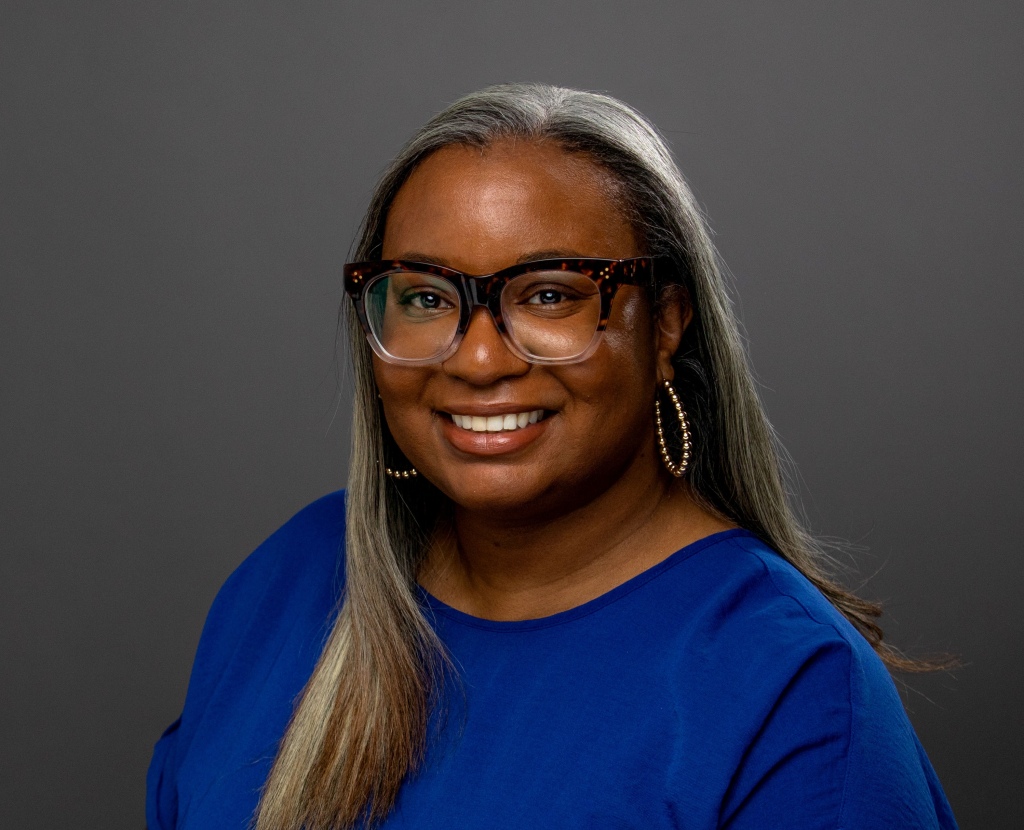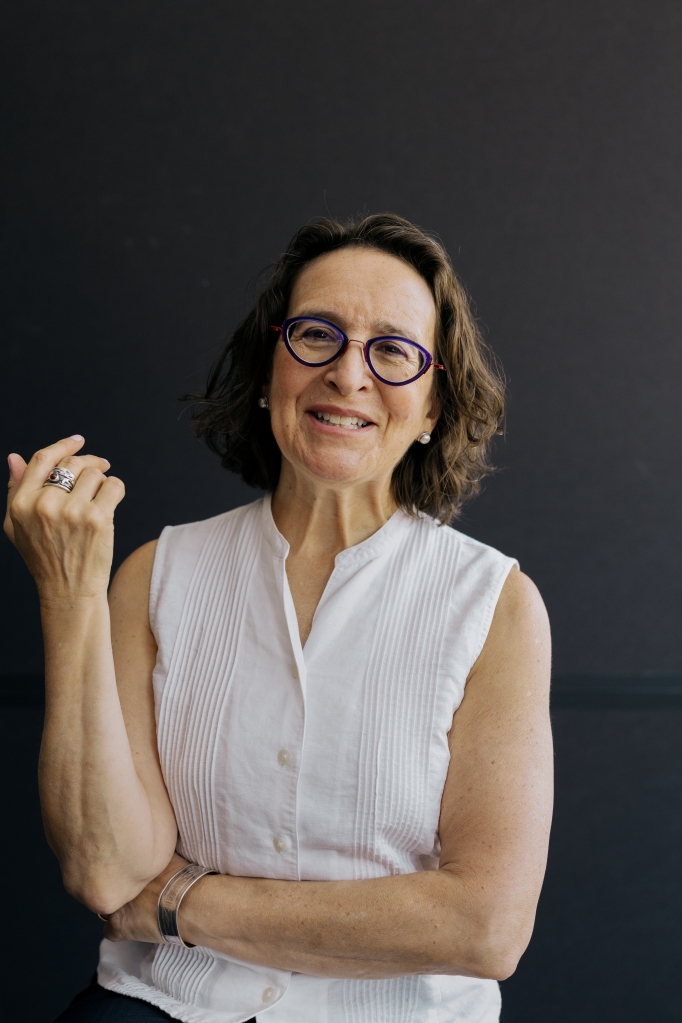2024 Grading Conference Keynote Speakers
Dr. Laila McCloud
Who is ‘we’?: Naming instructor positionality’s influence on grading practices.
The push to expand our understanding of how to assess student learning is connected to our values and also who we are as instructors. It is important for instructors to reflect on how their own positionality influences their grading practices and how these grading practices are received by students. I hope to continue a conversation about the importance of instructor reflection and naming our choices with our students. We'll discuss the perceptions and realities associated with the role of instructors; managing (un)communicated expectations related to learning assessments; and the power in naming our positionalities as instructors.

Laila McCloud, currently serves as an Assistant Professor and Graduate Program Director for the Higher Education program at Grand Valley State University. With a Doctorate in Higher Education and Student Affairs from the University of Iowa, her research uses critical frameworks and methods to understand the academic and professional socialization of college students, student affairs educators, and faculty.
Laila is an Associate Editor for About Campus and an editorial board member for the Journal of College Student Development and Journal of Student Affairs Research and Practice. In 2023 her article, Keeping receipts: Thoughts on ungrading from a Black woman professor was published in Zeal: A Journal for the Liberal Arts.
Jeffrey Schinske, M.S.
Content Coverage as a Potential Barrier to Innovation in Grading
Can you recall a time when you had an exciting idea for grading differently, but never got to the point of implementing that idea? Or maybe there was a time when you implemented an alternative grading strategy and saw exciting results, but then felt like you had to step away from the strategy. In such situations, what prevented you from implementing or sticking with the strategies?
While numerous factors can serve as roadblocks to innovation in grading, issues surrounding a course's curriculum and content expectations can rise as common barriers. The central role of content expectations for grading is apparent in that both Backward Design and the Four Pillars of grading situate curricular learning outcomes as the foundations for assessment and evaluation. As such, any intractable challenges surrounding course content could generate intractable challenges to alternative grading.
In this interactive presentation, we will consider one specific and pervasive challenge to grading innovation: the volume and pace of course content. We will explore the findings from a recent interview study of working professionals regarding their undergraduate STEM coursework, and reflect on the ways the findings relate to challenges to equitable outcomes and grading innovation across disciplines. The presentation will conclude with a discussion of whether alternative philosophies on content coverage might be a natural extension of - or even a prerequisite for - alternative grading.

Jeff Schinske is a Professor of Biology at Foothill College (a California community college) where he conducts education research on inclusive curricula, course content expectations, and science identity. Among other high-profile articles, Jeff co-authored an essay titled "Teaching More by Grading Less (or Differently)" (https://www.lifescied.org/doi/10.1187/cbe.cbe-14-03-0054), which has been highly cited in alternative grading circles.
Jeff is also Co-Editor-in-Chief of the journal CBE-Life Sciences Education and co-founded The Scientist Spotlights Initiative (https://scientistspotlights.org/). He was the 2018 recipient of the national Outstanding Undergraduate Science Teaching Award from the Society for College Science Teachers. The anatomy and physiology courses Jeff teaches use a combination of specifications-based and standards-based grading. Outside of his scholarly work, Jeff enjoys spending time with his kids, following/playing basketball and baseball, and pondering what blackwork/dotwork tattoos to get next.
Dr. Susan D. Blum
Ungrading Four Years On: A Movement, A Backlash, A Rebranding, A Story
The book Ungrading hit the scene in Fall 2020, with a warm-up in Summer 2020, precisely when all over the world, educators were doing serious study of their pedagogy. A lot of what had been taken for granted was questioned, including conventional grading practices. The convergence of the book’s publication and the pandemic has resulted in a growth of discussion of ungrading, a backlash against it, a rebranding. In this talk, Susan D. Blum, editor of Ungrading, tells the story of where discussions have gone for the last four years, and tries to, ahem, “assess” where we are going now.

Susan D. Blum is a professor of anthropology at the University of Notre Dame. Her work has roamed around the fields of cultural, linguistic, and psychological anthropology, in the context of China but most recently in the quest to understand the nature of institutional education. She is the author of a trilogy about education: Schoolishness: Alienated Education and the Quest for Authentic, Joyful Learning, which will be published in May 2024; "I Love Learning; I Hate School": An Anthropology of College (2016); and My Word! Plagiarism and College Culture (2009), all published by Cornell University Press, and is the editor of the collection Ungrading: Why Rating Students Undermines Learning (and What to Do Instead) (West Virginia University Press, 2020). She has taught at a range of institutions of higher education for thirty-five years, and at Notre Dame since 2000.
